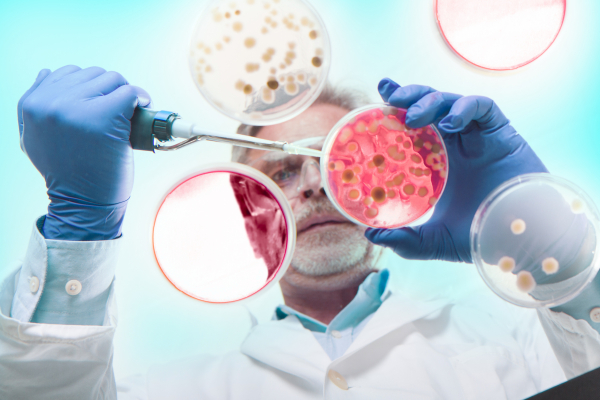Targeting Gut Microbes to Fight Malnutrition

Nutrient-dense therapeutic foods have reduced deaths from childhood malnutrition but do little to improve long-term problems linked to the condition, including stunted growth, impaired brain development, and weakened immune systems.
Research from Dr. Jeffrey I. Gordon’s team indicates that malnourished children have gut microbial communities (microbiota) that are “immature.” The group transplanted gut communities from malnourished African children into young mice that lacked gut microbes of their own. The immature microbiota produced poor growth and other characteristics of malnutrition in the animals. Through additional studies, Dr. Gordon has identified gut bacteria that direct healthy growth.
“Our work provides a microbial view of human development and suggests potential new therapies for malnutrition that target gut microbes to promote healthy growth.” – Jeffrey I. Gordon, MD
For example, his team and colleagues at the University of California- Davis have identified a component of breast milk that works through gut microbiota to promote growth. This type of milk sugar is reduced in mothers of malnourished infants. Giving this milk sugar to mice or piglets whose guts have been colonized with a malnourished child’s microbiota improved skeletal, muscular, and brain development.
Dr. Gordon is using these insights to develop therapeutic foods designed to repair gut microbiota problems and produce better outcomes in the worldwide fight against childhood malnutrition.
Reprinted from SoAR Retaking the Field, Vol. 1


